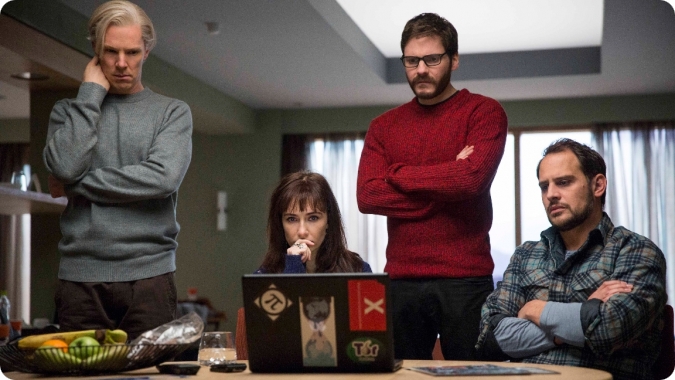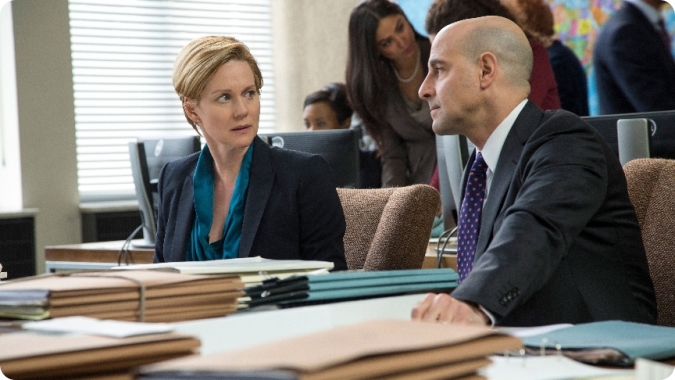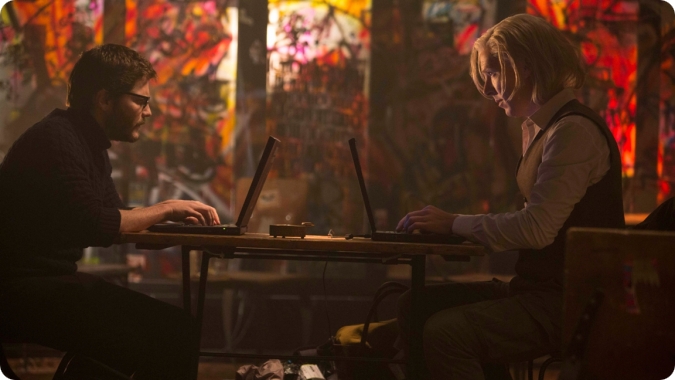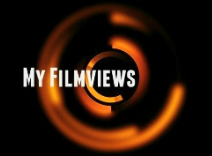
History has shown that information is powerful and if you can control and limit it, an organisation (whether that is an organisation or government) can use that to its advantage. It makes it possible to hide the truth or distort it. In the opening of the movie we see how information slowly started becoming more widely available. The invention of the printing press is just one example. It allowed for books and newspapers to be printed.
Technology progressed and with a computer you can now access a lot of information with just a few keystrokes and a click of a button. Companies have had to adjust because a dissatisfied customer can do a lot of damage to your image if he start blogging or tweeting about it. Transparancy is the key and hiding something has become more difficult. Wikileaks has had quite an impact on the world with its publication of highly sensitive information, which gave the world a look into the world of politics, diplomacy and the horrors of war. The Fifth Estate tries to weave the story of the site and the people behind it into a compelling movie.

The focus of the movie is the relationship between Assange and Berg and the struggle the two have on freedom of information versus protection of the lives of people. Julian Assange is played by Benedict Cumberbatch and is portrayed as a man who always seems to be traveling and who is very ill mannered. He almost comes across as a kind of villain, making me feel like the movie judged him. That villanous side even copies Heath Ledger’s Joker speeches on how he got his scars. In this case it’s about how his hair turned white.

The dynamic between the two characters is interesting, but not everything seems to work. Regularly a big space full of desks is shown (which reminded me of The Apartmemt by the way), representing the inner thoughts of the characters. It feels out of place as the actors already manage to potray what is going on in their head through their performances. There are also a lot of laptops shown, with green or red screens, probably to make it look interesting. It started to become annoying quite fast. Although i won’t call this a bad movie, it could have been a lot better.


I think Benedict’s accent was pretty spot-on but what really bugged me about the film is that it did portray Assange as this self-centered bastard, and building it up with every single step the movie took, only to then, at the very end, when everything goes to press, throw in a redeeming and perhaps token comment of his protecting the freedom of the press. I almost felt like that comment was to “balance” the case against him. Either that or the director decided that they needed to not have the entire movie side against him and show that in a way, he was a hero.
Prior to watching the movie, I had seen an interview with Cumberbatch who said that it told the tale from all sides and that Assange didn’t approve of the movie. After watching it, I can understand why.
Yeah, I felt that way as well. Assange did not approve and put out a letter to Cumberbatch why he would not want to meet him because he felt the movie was based on two of the most negative books based on Wikileaks. I understand that after having seen the movie.